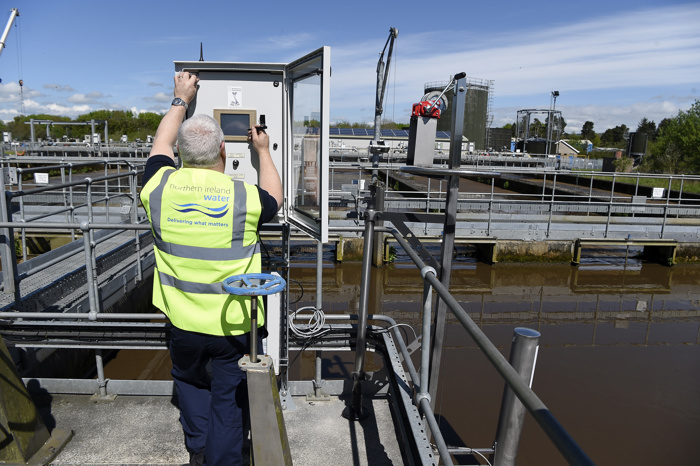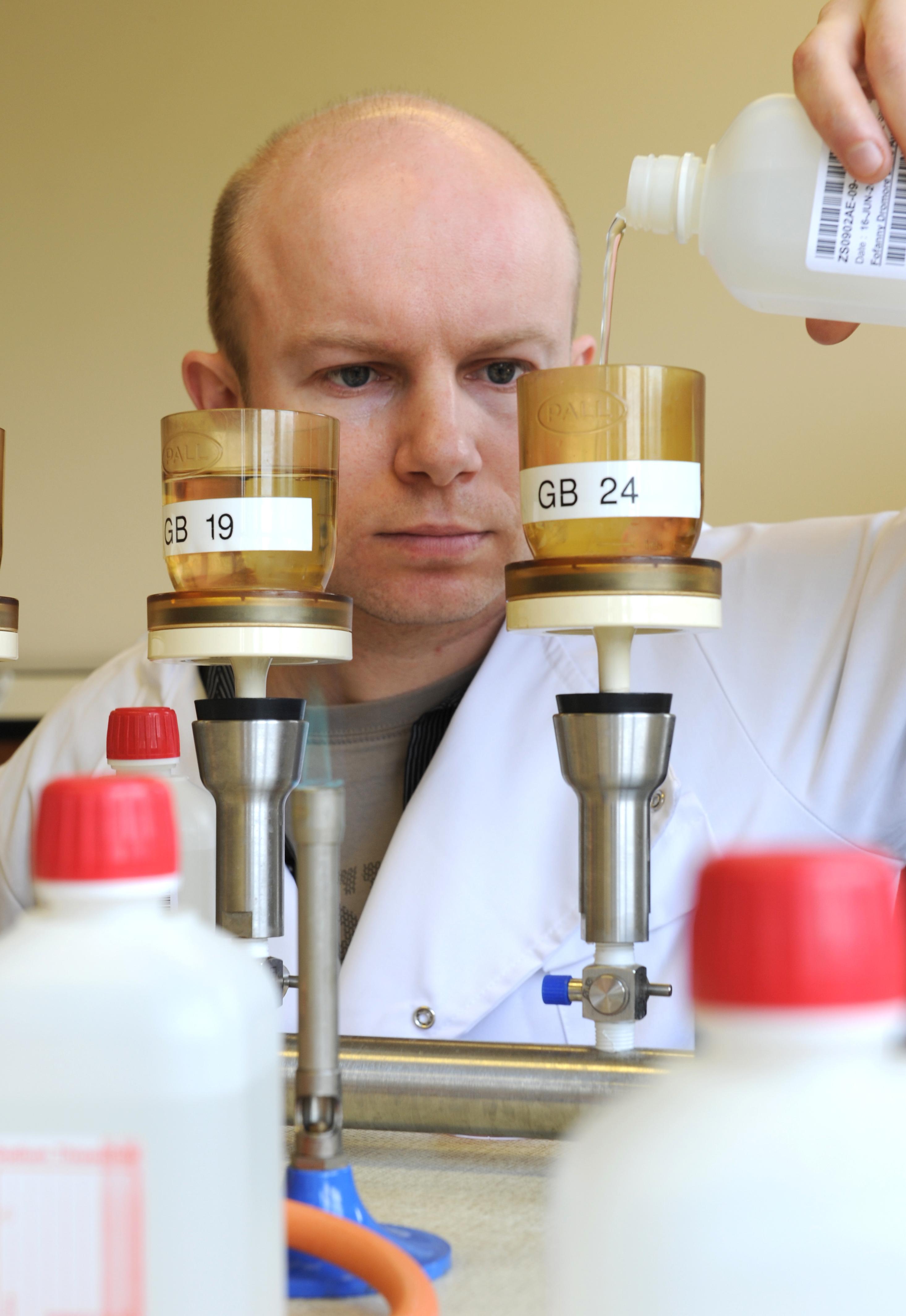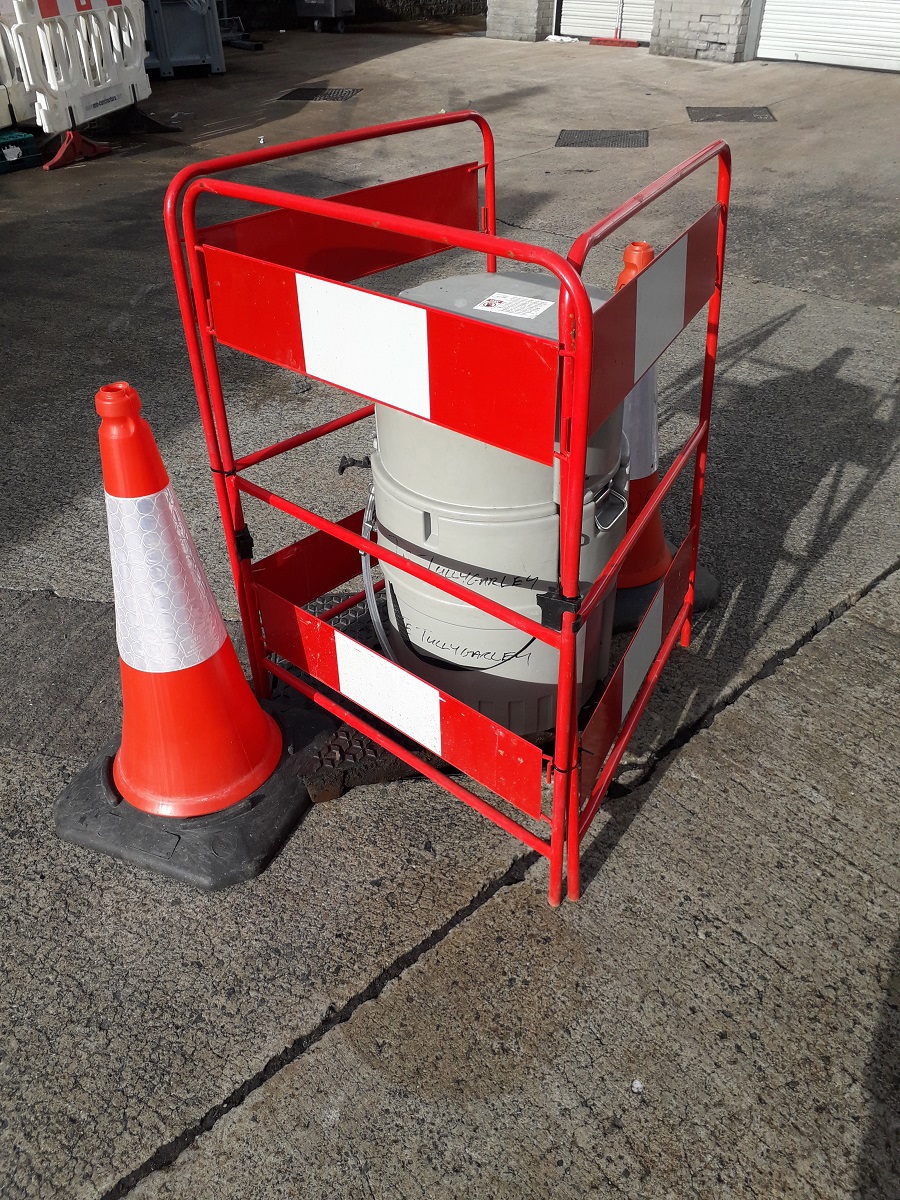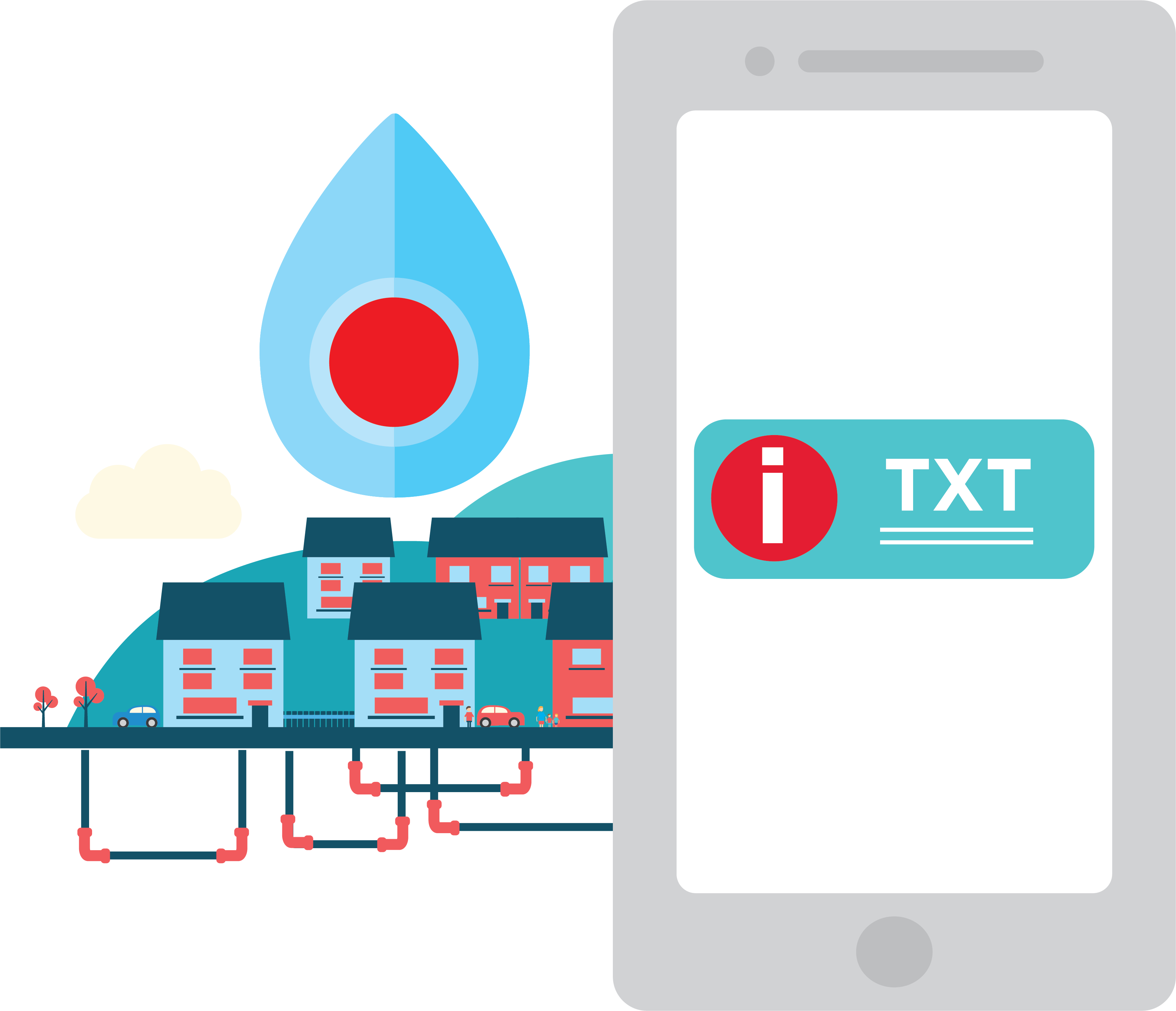NI Water’s business is inherently circular; we abstract water from the natural environment to provide our customers with a vital resource, before taking away their wastewater, treating it and safely recycling it back into the natural environment. Our ambition is that our services always contribute to a flourishing natural environment. Trade effluent control plays an important role in contributing to the successful delivery of our Strategic Priority for Nature.
The following information is aimed at existing Trade Effluent dischargers and those who may wish to discharge Trade Effluent to sewer in the future.
Trade Effluent
The Water and Sewerage Services (Northern Ireland) Order 2006 defines any used water discharged as a result of an activity carried out at a trade premises as “Trade Effluent”. Trade Effluent will include any water used in a production process or in cleaning or cooling activities
Trade Effluent does not include domestic sewage, such as used water from toilets or hand washing, which might take place on the site. Businesses producing Trade Effluent vary in size and diversity and can include agriculture, horticulture, fish farming, scientific research or experimentation, hospitals, food production, car washes, launderettes, breweries and distilleries to name but a few. Trade Effluent can apply to premises used or intended to be used in whole or part for production, cleaning or cooling processes.
Discharges from hotels, caravan sites and restaurants are not considered Trade Effluent.
NI Water's Role
We regulate Trade Effluent discharges through the issue of legal documents called Consents and control by monitoring and undertaking appropriate enforcement activities
Trade Effluent Control
All used water entering the public sewerage system, including Trade Effluent, is carried to the local waste water treatment works so that it can be effectively treated and then returned safely to the environment. The purpose of Trade Effluent control is to ensure that any discharge does not adversely affect this recycling process or the environment. Another key objective is to protect public health, including the health and safety of NI Water sampling staff and those working on sewer networks and at treatment works
If you wish to discharge Trade Effluent into a public sewer you are required by Law to obtain a Trade Effluent Consent from NI Water, who is the Sewerage Undertaker responsible for the upkeep of the public sewer.
The discharge of Trade Effluent without Consent is an offence and you may be subject to legal action if you do so. Trade Effluent must not be discharged to a surface water drain, as it will then discharge directly to the environment without treatment.

How to apply for a Trade Effluent Consent (non-household premises)
If you think that your business requires a Trade Effluent consent this can be applied for online as per the Self Service portal here. Once we receive the fully completed application we will process the consent and keep you informed at key stages.
If your application is unsuccessful we will provide the reason(s) as to why it has been refused. If we refuse to give Consent, or the conditions of the Consent are not as you require, or where NI Water has taken over two months to issue the Consent, you have a right of appeal to the Northern Ireland Authority for Utility Regulation (NIAUR).
Although we are primarily responsible for controlling Trade Effluent discharged to our sewers, there are occasions where the Northern Ireland Environment Agency (NIEA) may apply additional conditions to your Consent because of the substances contained in the discharge or the processes giving rise to the discharge. These additional conditions are focused on protection of the environment by the control of Special Category Effluents, Priority Substances and Priority Pollutants.
If you wish to alter the Consent or no longer need it you must contact NI Water. You are responsible for ensuring that the Consent is up to date and reflects the legal entity making the discharge, the process producing the Trade Effluent together with the flow and composition of the effluent.
What the Trade Effluent consent allows you to do
The Trade Effluent Consent is specific to you, your premises and the process from which the Trade Effluent is discharged. It will contain conditions such as:
- maximum volume and flow rate
- temperature, pH and other chemical parameters
- the permitted nature and composition of the trade effluent
- the point of entry to the public foul sewer
- the monitoring point we use to sample the Trade Effluent
Additional conditions may be imposed to control or exclude any persistent or harmful substances in the discharge. All conditions and limits in the Consent are legally binding and failure to comply with these can result in prosecution.
Monitoring and sampling
NI Water’s Trade Effluent Sampling Team will visit your premises on a pre-determined frequency to sample your Trade Effluent to assess the quality of the discharge and to determine the strength of the effluent for charging purposes. Trade Effluent discharges which are comparatively low strength will be sampled less frequently than those that represent a higher potential risk.

Premises may be sampled over a set period of time, typically twenty four hours using NI Water automated sample machines. These collect multiple samples at preprogrammed times to ensure the final sample is a composite of the individual samples and representative of the discharge from the premises. On occasions, spot samples may be taken along with composite samples or in some cases as an alternative. The sample machines which include suction tubes are positioned by NI Water sampling staff adjacent to an agreed sample chamber and collected a day later. The sample points will typically be upstream and separate from any domestic sewer to prevent sewage contamination of the Trade Effluent discharge.

Trade Effluent Automatic Sample Machine
Further Information
For more information please contact NI Water at Contact Us and visit Trade Effluent Charges where you'll find the NI Water Scheme of Charges 2023/24

